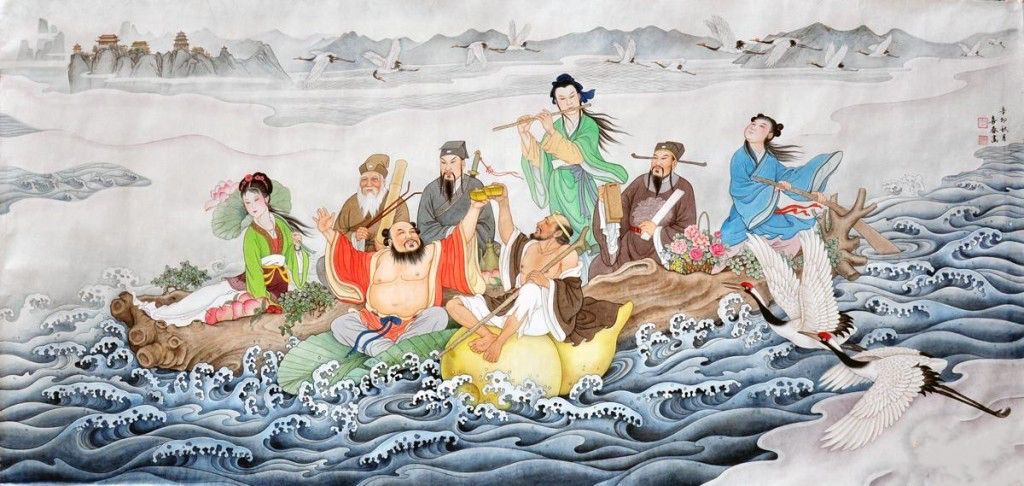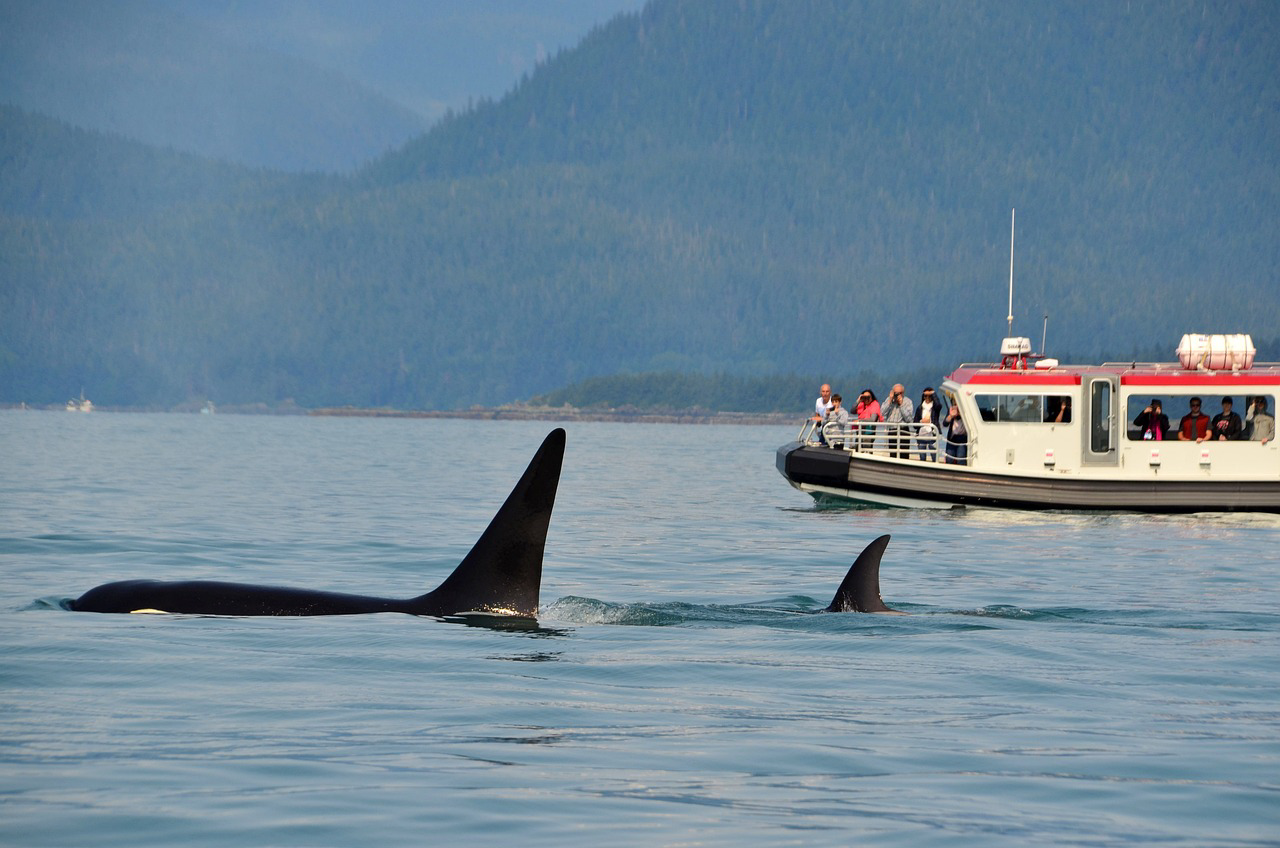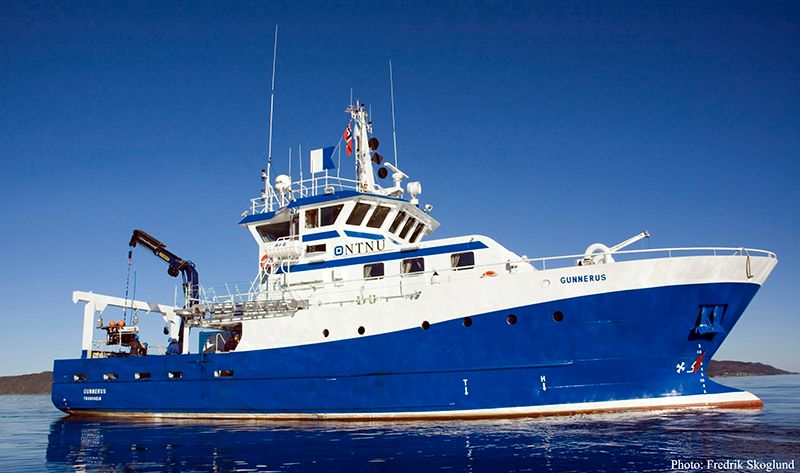Why we love culture service of marine ecosystems?

Who would say no to a ticket leading to a holiday by the coast? Just imagine the gentle sea breeze, relaxing sunset, carefree seabirds: what a wonderful destination! Covering more than 70% of global surface, marine ecosystems do not only support us with provision service, but also provide culture service which we have been appreciating for thousands of years.
Defined as “The non-material benefits people obtain from ecosystems through spiritual enrichment, cognitive development, reflection and aesthetic experiences” by Millennium Ecosystem Assessment 2005, culture service of marine ecosystems can be divided into many aspects: aesthetic values, cultural diversity, cultural heritage values, educational values, inspiration, recreation and ecotourism, sense of place, spiritual and religious values, social relations, and knowledge systems.
1. Aesthetic Values:

Marine ecosystems captivate us with their awe-inspiring beauty. The diverse range of flora and fauna, vibrant coral reefs, and magnificent seascapes all contribute to their aesthetic value. The calming effect of gazing at the ocean's vast expanse or witnessing a breathtaking sunset over the water resonates deeply within us, providing a sense of tranquility and peace.
2. Cultural Diversity:

Marine ecosystems host a rich tapestry of cultural diversity. Coastal communities around the world have developed unique traditions, knowledge, and practices that are intricately linked to the sea. The distinct ways in which different cultures interact with and rely on marine ecosystems showcase the incredible diversity of human societies and their deep connections to the ocean.
3. Cultural Heritage Values:

Marine ecosystems carry profound cultural heritage values. They serve as repositories of ancient stories, legends, and traditional ecological knowledge passed down through generations. Indigenous communities, for instance, have intricate relationships with marine ecosystems, and their cultural heritage is intricately tied to sustainable practices and conservation efforts.
4. Educational Values:

Marine ecosystems provide invaluable educational opportunities. Exploring these ecosystems fosters a deeper understanding of ecological processes, biodiversity, and the connection of life on Earth. Marine education programs and interpretive centers play a crucial role in raising awareness about conservation, sustainability, and the importance of preserving these fragile ecosystems.
5. Inspiration:

The vastness and mysteries of marine ecosystems serve as a boundless source of inspiration for artists, writers, musicians, and creators of all kinds. The beauty, diversity, and sheer resilience of marine life spark creativity, leading to works of art, literature, and music that capture the essence of the sea and evoke powerful emotions in audiences worldwide.
6. Recreation and Ecotourism:

Marine ecosystems offer abundant opportunities for recreation and ecotourism. Activities such as snorkeling, scuba diving, boating, and wildlife watching allow people to immerse themselves in the natural splendor of the ocean. The economic benefits generated by marine ecotourism also contribute to local economies and conservation efforts.
7. Sense of Place:

Marine ecosystems evoke a profound sense of place, fostering a strong emotional connection to coastal regions. The sights, sounds, and smells of the ocean become intertwined with personal and cultural identities, shaping the lives, traditions, and values of coastal communities around the world.
8. Spiritual and Religious Values:

For many cultures, the ocean holds deep spiritual and religious significance. The vastness and timeless nature of marine ecosystems inspire a sense of awe and reverence, leading to rituals, ceremonies, and practices that honor and respect the natural world.
9. Social Relations:

Marine ecosystems foster social cohesion and community bonds. Activities such as fishing, boating, and beach gatherings bring people together, promoting social interactions and strengthening community ties. Additionally, collaborative efforts for marine conservation create opportunities for collective action and shared responsibilities.
10. Knowledge Systems:

Marine ecosystems support diverse knowledge systems, including traditional ecological knowledge and scientific research. The integration of these knowledge systems enhances our understanding of marine ecosystems, leading to innovative solutions for conservation and sustainable management.
To sum up, Marine ecosystems offer an incredible array of cultural services that enrich our lives in numerous ways. From providing aesthetic pleasure and inspiration to fostering cultural diversity, education, and recreation, these ecosystems hold immense value for humanity. Recognizing and preserving these cultural services is essential for ensuring the well-being of both coastal communities and the marine environment as a whole.
As we continue to explore and appreciate the wonders of marine ecosystems, let us strive to protect and conserve these invaluable resources for future generations to cherish and enjoy!

